Home \ Farmers Clubs \ CITI-HPP Wanzhou Rural Micro Enterprise Development Program
Project Location
Baitu Township and Puzi Township are located in the south-east part of Wanzhou District of Chongqing Municipality, bordering with Hubei province. This region is mountainous in landscape, extending over an area of 80 square kilometers. 36, 000 people live in this village, over 80 miles away from the urban center of Wanzhou District. The project area is remote and the mountains are steep, arable land is scarce. In Puzi township, only 12.1% of the land is arable, this is further compounded by the constant threat of landslides which jeopardizes the local production. Most of the farmers belong to the low income group; harsh natural conditions, poor technological infrastructure and conservative thinking are all factors which impede the development of the region.
Project Initiation
Following the procedures of baseline survey and a needs assessment, Citi-HPP Farmers’ Clubs project was started 17th January, 2011. The project was sponsored by Citi-Foundation and executed by the Project Management Office of Humana People to People China and Wanzhou District poverty alleviation office.
The project established Community Development Seed Funds (CDSF) to disperse production subsidies to farming households as a mean to encouraging farmer investments into agriculture and livestock rearing activities. Simultaneously, HPP organized households into Farmers’ Clubs so that beneficiaries could collectively receive training from ‘Farming Instructors’ who are recruited from the village itself. The farming instructor guides farmers through new techniques whilst mobilizing more villagers to participate in the project.
The project was located in Dingjia village, Shijia village of Baitu township and Jinjia village of Puzi township. During the project period 2011- December 2012, the project covered 17 natural villages under the 3 administrative villages. A total of 1165 farming households benefited. In 2013, the project operations expanded to include 26 natural villages under 5 administrative villages, extending benefits to 1853 farming households. There are 40 Farmers’ Clubs under the project, each club has 25-40 members.
In December 2013 the project drew a successful closure, results showed 70% of rural micro-enterprises improved and trained through the project achieved an income increase of 30%.
Project Activities
Community Development Seed Fund
The project supported the establishment of Community Development Seed Fund (CDSF) in 5 administrative villages. Villagers would vote to decide how they would like to utilize the funds.
Different productions in different villages funded by the CDSF constitute different sub-projects. The CDSF money subsidizes farmers to purchase seeds or baby livestock, the family makes up for the remaining amount of money required for the purchase.
CDSF supported a total of 68 sub-projects with RMB 1,403,744 and farmers invested RMB 2,653,247.
The total investment capital of RMB 4,056,991 created sales income of RMB 14,700,684 with a profit of RMB 5,200,521 and farmers received a net income benefit of RMB 6,604,265.
Examples of sub –projects:
Animal Husbandry:
-Pig raising (began in 2011)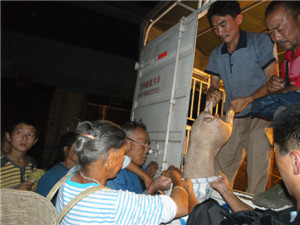
Piglets being distributed inJinjia village
-Commercial pig raising(began in 2011)
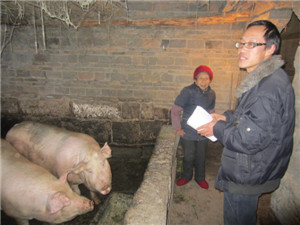
A household engaged in the raising of commercial pigs
-Chickens raising (began in 2011)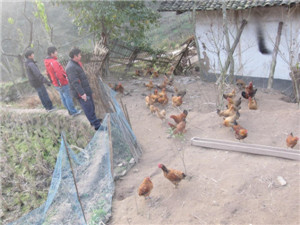
-Rabbit raising (began in 2011)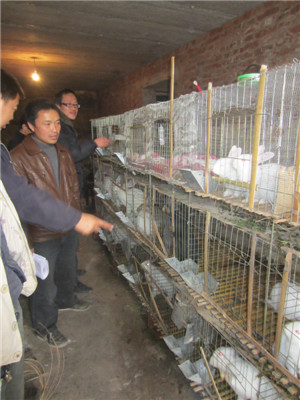
Visiting a household in Shijia village engaged in rabbit raising
-Fish farming (began in 2011)
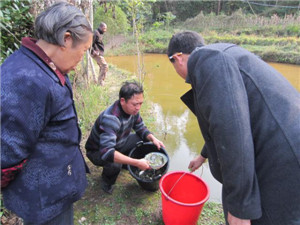
Distribution of baby fish
-Goat raising (began in 2011)

Visiting goat raising households in Rentou village
-Porcupine raising 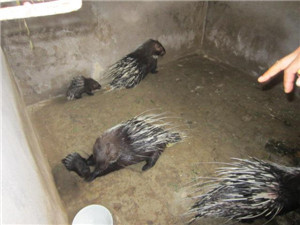
A household engaged in raising porcupines in Jinjia village
Agriculture:
-Planting of Pomelos(began in 2011)
-Planting of rice crops (demonstration plot)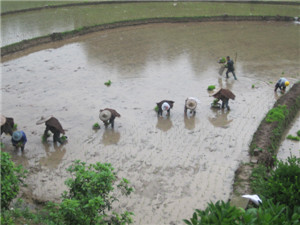
-Planting walnut trees (began in 2012)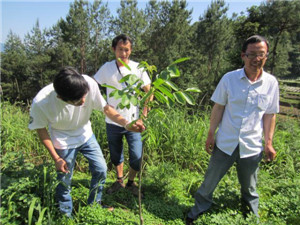
-Planting chrysanthemums (began in 2011)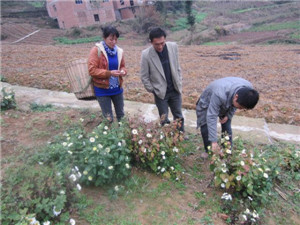
-Family vegetable plot (began in 2011)
Infrastructure:
-Building water reservoirs (began in 2011)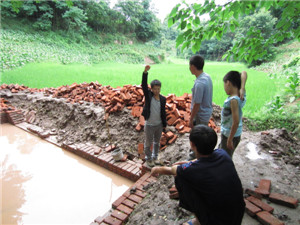
Building reservoirs in Shijia village
-Building eco-friendly toilets (began in 2011)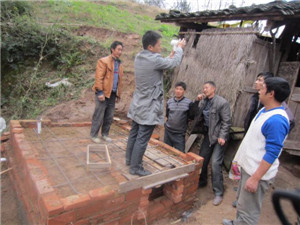
Dingjia village toilet construction project
2. Training
Technical training sessions on livestock raising and management, crop management, financial literacy, health & hygiene, nutrition, etc.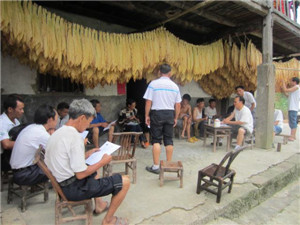
Financial literacy training in Tumiao village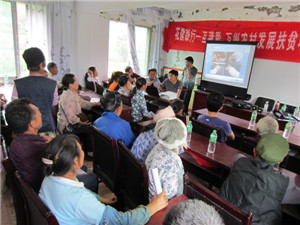
Livestock rearing training sessionShijia village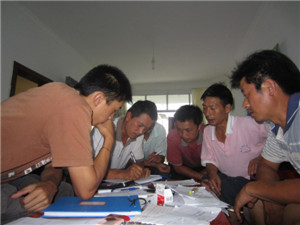
Financial literacy training for farming instructors
Health training in Dingjia village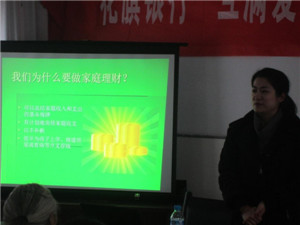
Family finance management training
3.Miscellaneous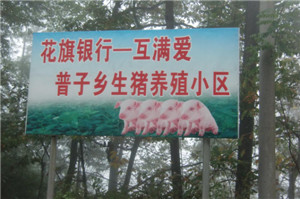
Puzi township piglet raising area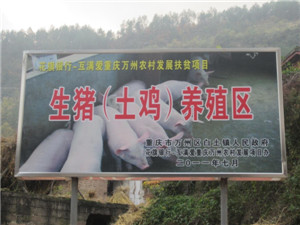
Baitu township pig raising area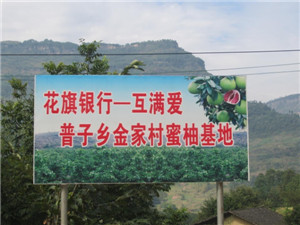
Puzi township pomelo plantation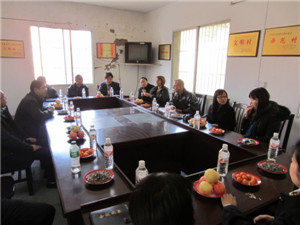
Meeting with the project staff during Citi-Foundation’s visit of Jinjia village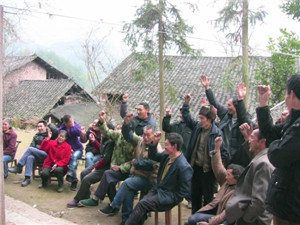
The village community participating in decision making processes
Project Updates
CITI-HPP CHONGQING RURAL MICRO ENTERPRISE DEVELOPMENT PROGRAM PRESS CONFERENCE